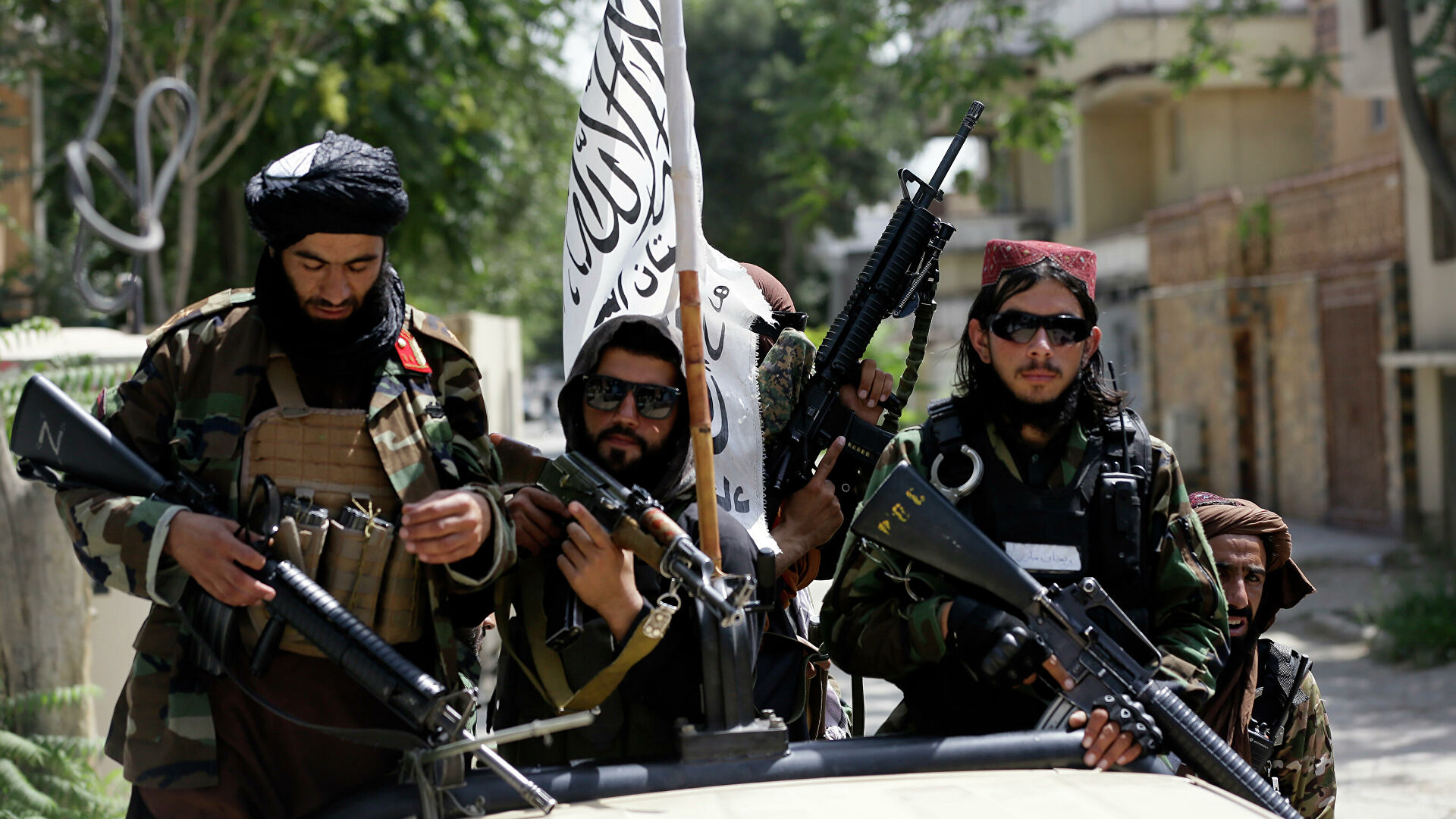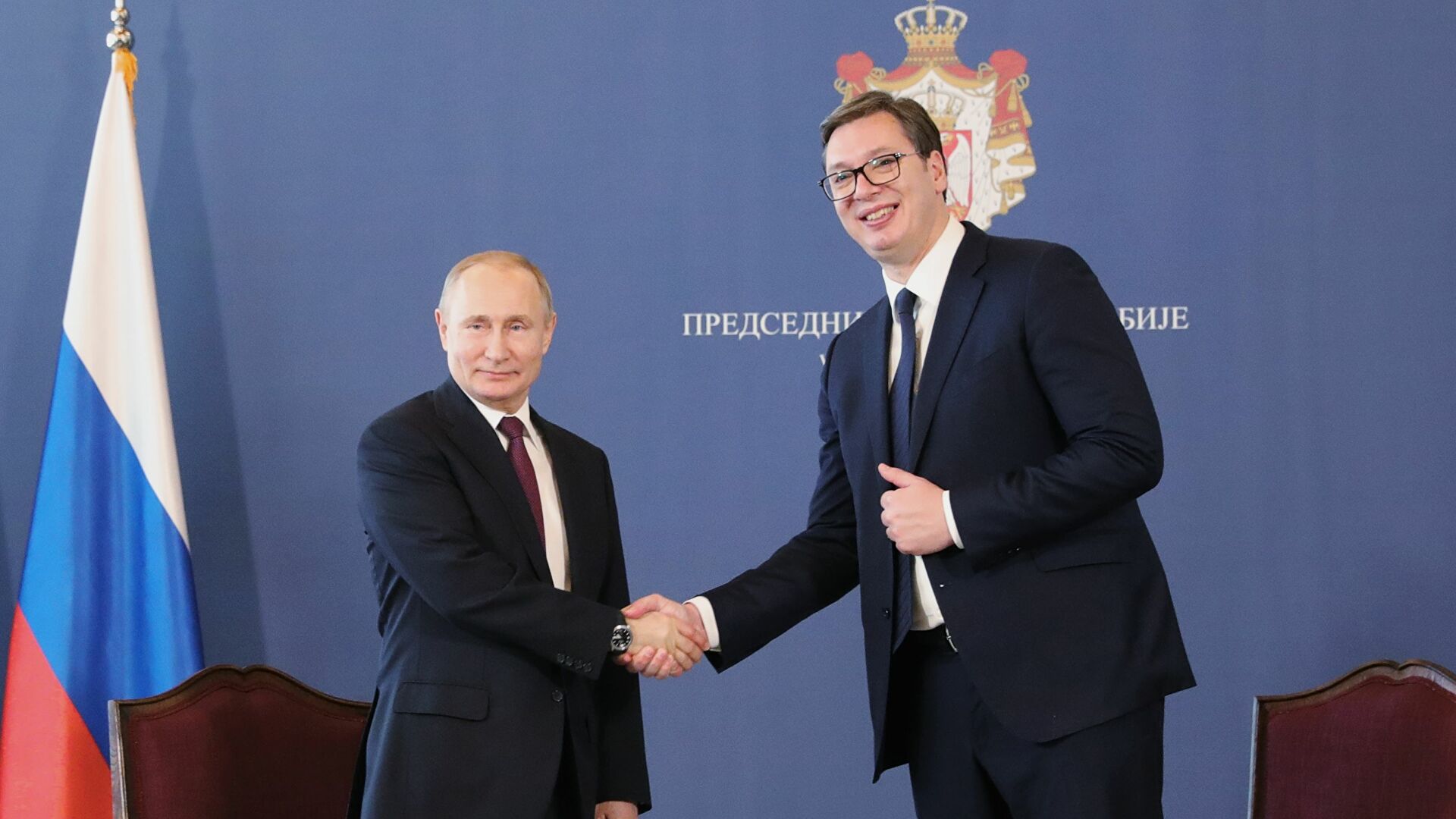When the bureaucracy is mentioned, politics and administration are the first terms that come to mind, and this is an indication of how inevitable the relationship between them is. Max Weber introduced bureaucracy to the world as a form of organization. According to Weber, the old organizational structures were insufficient to meet the administrative needs of society after industrialization. Therefore, the role of leaders has gradually diminished, and legality and the system have become important. As a result, the old organizational structures were replaced by a new form of an administrative organization called bureaucracy (Baransel, 1979: 166). We can say that bureaucracy is an effort to be an ideal and rational form of organization. Thanks to the bureaucratic structure, public services try to reach them in an impartial and neutral way. However, the political power, on the other hand, has resorted to nepotist relations and favoritism in order to have authority in the bureaucracy and to train bureaucrats who will implement their own policies. This method, which the political power uses to keep the bureaucracy under its control, brings along the problem of the politicization of the bureaucracy (İzci&Bozdoğan, 2016: 1). In other words, the relationship between politicization and democracy and the effect of politicization on democracy is a very sensitive and sensitive subject to investigate. Although there is an inverse relationship between politicization and democracy in bureaucracy, there is a direct correlation between bureaucracy and democracy. The fact that the bureaucracy is strong and durable is clear proof that democracy is just as indestructible and permanent. Politicization in Turkey is an issue that needs to be addressed both in the past and currently. Therefore, “What is the effect of politicization, which is a bureaucratic problem, on democracy?” is a research question worth asking.
Political Science and Bureaucracy
Political science can be defined as the science of institutions related to political authority and the behaviors that play a role in the formation and operation of these institutions (Kışlalı, 1994: 16). Although politics has many meanings and definitions that come to the same level, in short, it is the information form of all the methods used to manage society. In fact, according to Aristotle, “Man is a political animal by nature.”; this statement of the famous thinker is actually an indication that politics takes place naturally and inevitably in all areas of our lives. But there are some problems that politics has. These are about being loaded of politics with impartiality and prejudices; also, politics brings to mind dirty and negative words such as manipulation, violence, destruction, trouble, and it creates disagreements due to the fact that all people are different, and the resources are limited. Political science tries to form an ideal system against these hate speeches and negativities and tries to systemize them in order to eliminate these negativities.
Secondly, bureaucracy is a form of organization that a state needs regardless of its form of government. In fact, Weber argues that not only states but all organizations and institutions are based on bureaucratic structures. Since bureaucracy brings with it rationalization, it provides great advantages, especially in the long run. In addition, this rationalization provided by bureaucracy also serves as a guide. In short, it is called bureaucracy to make the administrative and public institutions in any country legally sound. In this way, all social and corporate transactions within the country are implemented without any problems.
Political, economic, social, and cultural systems form the periphery of the bureaucratic system in society. Among these systems, it is undoubtedly the political system that has the most power to influence the bureaucratic system (Şaylan, 1986: 32). First of all, of course, every bureaucrat has a tendency to a political view; secondly, since bureaucrats, like all people, cannot put their interests aside, it is not easy for them to get rid of the influence of politics on bureaucracy in line with their interests. This situation reveals the unstoppable link between politics and bureaucracy.
Politicization
Politicization is a situation that is both criticized and expected. The executive part of politics constitutes the administration. These institutions are increasingly overflowing from their fields and getting involved in general politics (Gökçe & Şahin & Örselli, 2021: 51). The main purpose of politicians is always to get votes and win so that they retain their power. In Turkey, the areas where the relationship between administration and politics are intense are the investments to be taken to provinces and districts, towns and villages, as well as unplanned and unscheduled, illegal requests, with the issues of hiring or raising the supporters of politicians or changing their place of duty (Peker and Aytürk, 2000: 224). For these reasons, it becomes difficult to prevent politicization, which harms democracy, and it becomes impossible to deny the connection between them. People in the bureaucracy should not acquire a political identity, but unfortunately, when this professionalism is not achieved, injustices often occur.
Article 7 of the Civil Servants Law No. 657 in the legislation states: “Civil servants cannot be members of a political party, cannot engage in behavior targeting the benefit or harm of any political party, person or group; while performing their duties, they cannot discriminate such as language, race, gender, political thought, philosophical belief, religion, and sect; They cannot make statements and actions for political and ideological purposes and cannot participate in these actions in any way. Civil servants are obliged to protect the interests of the State in all circumstances. They cannot engage in any activity that violates the Constitution and laws of the Republic of Turkey, impairs the independence and integrity of the country, and jeopardizes the security of the Republic of Turkey. They cannot join or assist any movement, grouping, organization or association operating in the same nature.”. However, despite this law, there are still appointments and staff changes made by putting political power in the foreground in Turkey. Politicization also has many negative effects. For example, there is instability in the country’s administration and this instability has political, administrative, social and cultural negativities. Another important result is that it creates an atmosphere of insecurity. The distrust of justice, knowledge and power is one of the factors that can cause disruption of the order.
Conclusion
Concepts such as economy, culture, politics, geography, population shape the society, of course, the way of administration also shape the people. Therefore, bureaucracy is also affected by them. However, the important thing is that this level of influence should not interfere with professionalism. Bureaucracy and politics are two concepts that do not have a hierarchical balance of power between them, they have a connection with each other that should be both intertwined and independent. If the politicization continues at the same pace, especially in countries like Turkey, democracy will continue to receive greater blows and this environment of injustice will bring greater injustices.
Prepared by Zeynep Akyüz for The FEAS Journal.
REFERENCES
Baransel, A. (1979). Çağdaş Yönetim Düşüncesinin Evrimi, s.166.
İzci F. ve Bozdoğan S. (2016) Türk Kamu Yönetiminde Bir Problem Olarak Bürokrasi-Siyaset İlişkisi, s.1.
Kışlalı, A. (1994) Siyaset Bilimi, s.16.
Şaylan, G. (1986) Türkiye’de Kapitalizm, Bürokrasi ve Siyasal İdeoloji, Ankara, s.32.
Gökçe G. , Örselli E. ve Şahin A. (2021) Türkiye’de Siyasetin Bürokrasi Üzerindeki Etkisi: Siyasallaşma, s.51.
Aytürk N. ve Peker Ö. (2000), Etkili Yönetim Becerileri, s.224.











